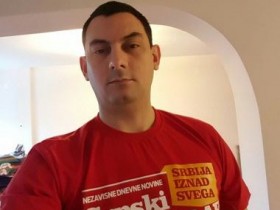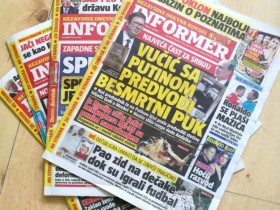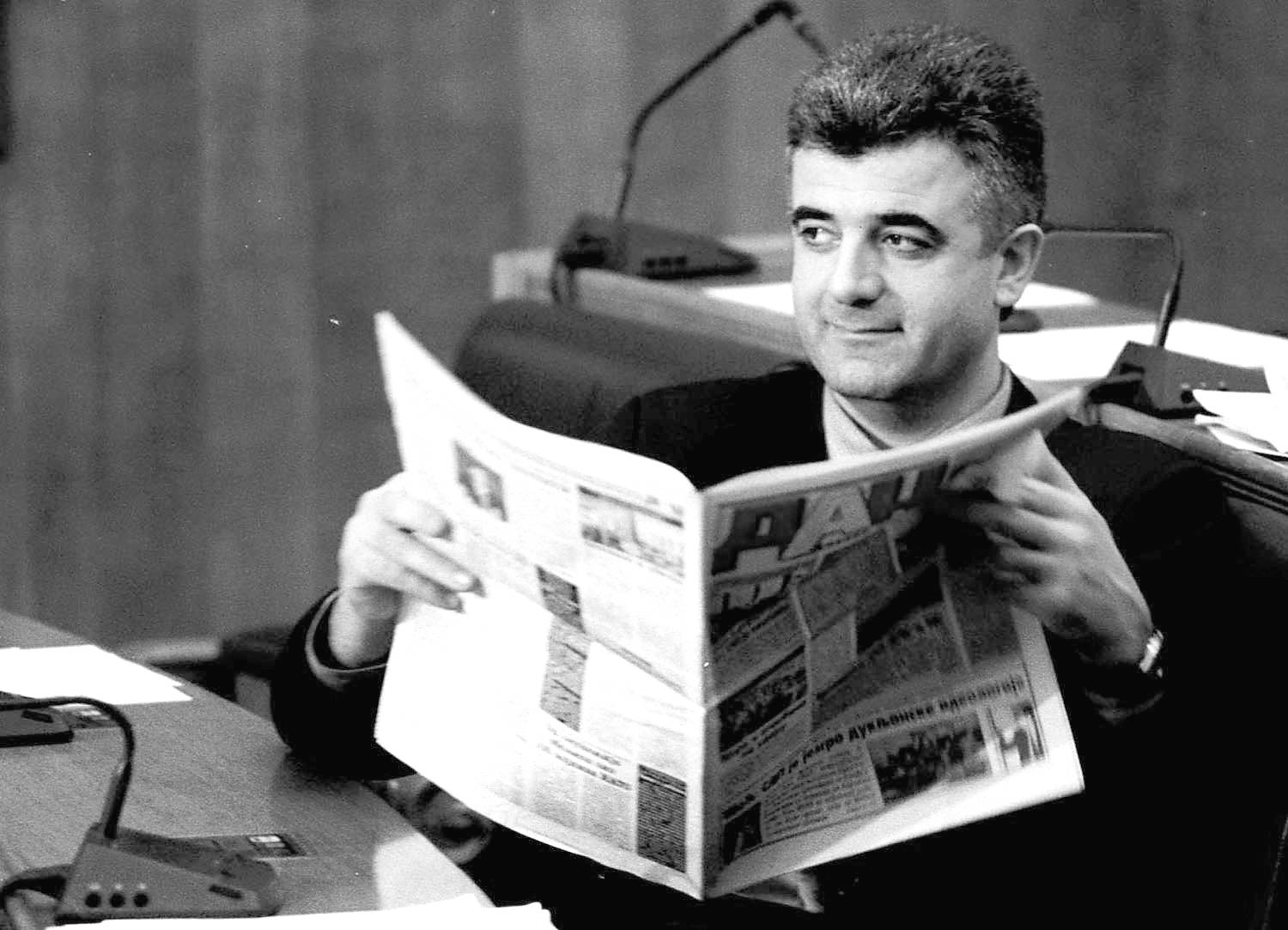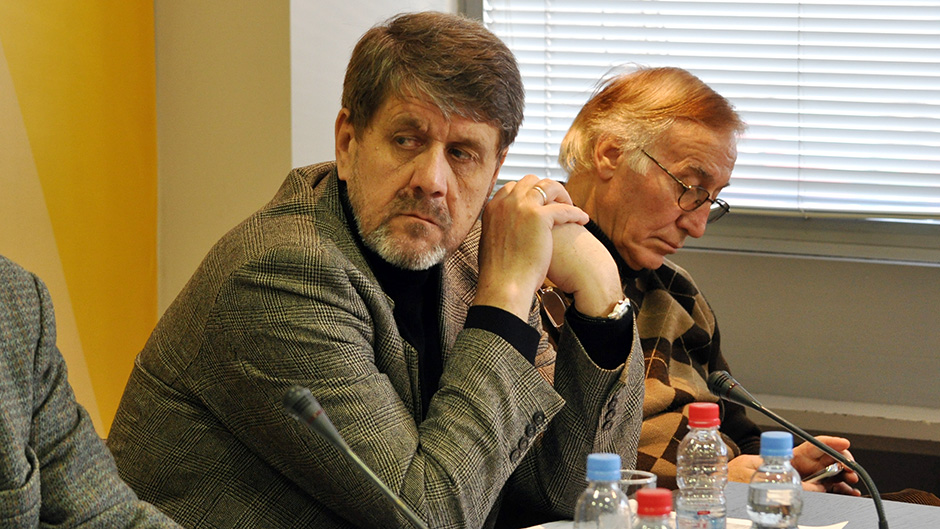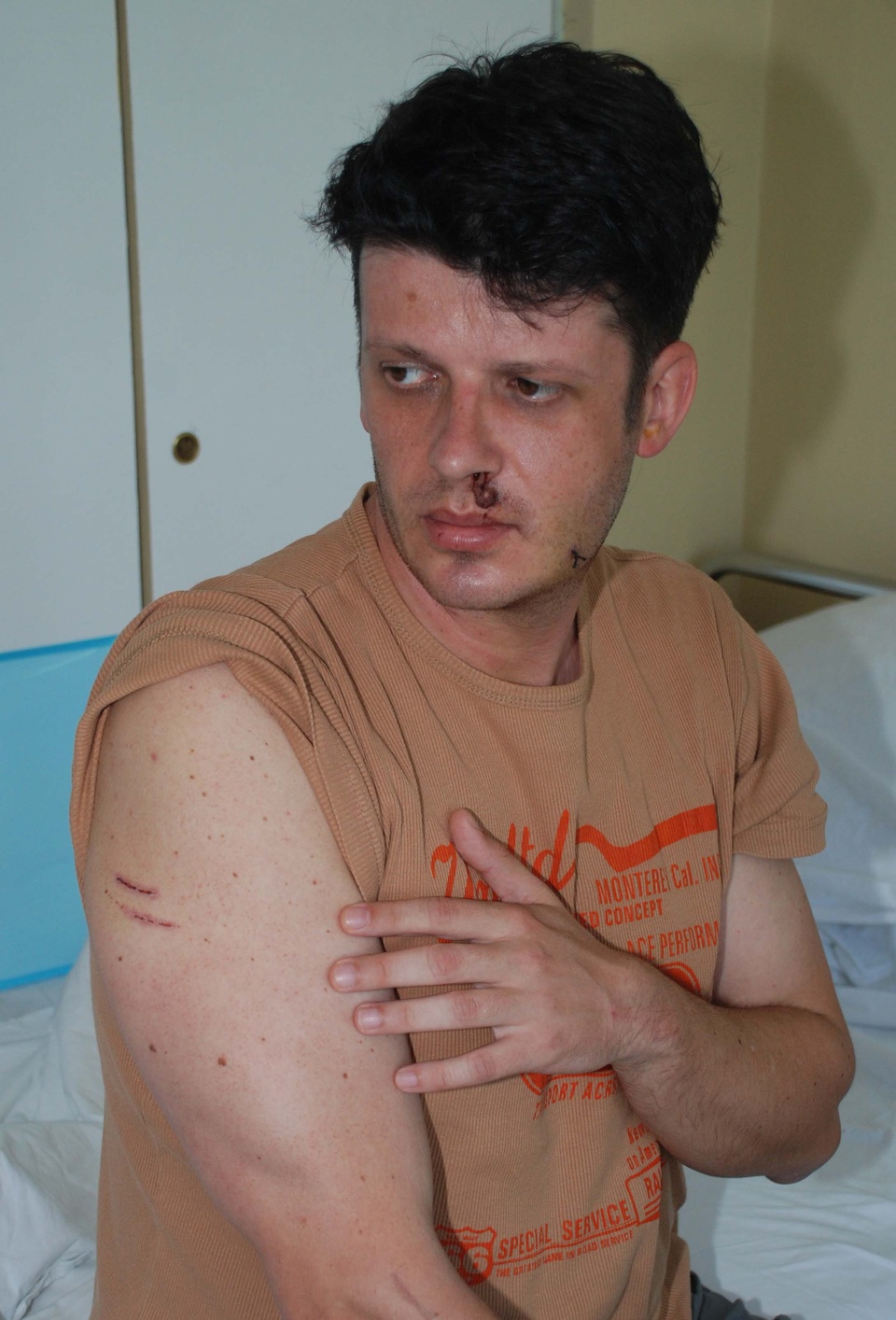Democracy Plus
According to the Law on Access to Public Documents in Kosovo, the requests for information may be required verbally or in writing. However, in practice, the institutions most of the time, prefer to receive requests in written form. The Law also foresees a fee that may be required in case the documents need to be transcribed or translated.
Public institutions are legally obliged to respond within seven days an in cases when the public institution does not respond, then the applicant has the right to initiate a case with the Ombudsperson or in the Court.
Nevertheless, although the Law on Access to Public Documents aims to ensure the right to access to public documents, according to the EU Report on Kosovo for year 2017 that was published on April 2018, “implementation remains uneven. The Law requires a thorough revision to address the challenging and fragmented implementation”.
In Kosovo, most of the requests for access to public documents are filed by journalists and civil society while citizens file very few requests – primarily due to lack of sufficient knowledge about their rights.
However, in the last public report available from the Office of the Prime minister concerning the implementation of access to public documents (for year 2016) by all public institutions, 2169 requests have been submitted to public institutions, 2050 have received a positive response, 22 have been rejected and 12 have obtained limited access to documents. This report of the OPM also noted that the Ombudsperson has treated 26 complaints during 2016 concerning the limitation of the right to public documents, out of which only two have been made by journalists.
However, the path of the NGO’s and journalists in securing access to public documents and information as well as the advocacy efforts to treat this issue seriously, has been difficult, challenging and in some years has lasted up to 6-7 years.
NGO’s challenge un-transparent institutions in Court
As reported by Insajderi, the Balkan Investigative Reporting Network – BIRN, FOL Movement and KOSID have followed all legal means of ensuring transparency and accountability of public institutions related to some contracts and the biggest expenditures made from the budget of the country.
In the case of BIRN, the latter had requested access to expenditures of the highest officials of the Government of Kosovo, while the Office of the Prime minister had rejected to provide evidence of expenses made by public officials. OPM had justified its decision to reject the request with protecting personal data.
BIRN had sued the Office of the Prime minister in 2013. The Basic Court of Prishtina on may 2015 gave BIRN the right to access the expenditures, based on the reason that expenditures of the officials and in particular high officials are funds collected through taxes paid by Kosovo citizens.
“… in this regard they have the reasonable interest to be informed for every cent, where it is spent by public officials who have been entrusted with public authorisations and based on this fact they need to be kept accountable for those expenses” says the verdict.
Ministry of Economic Development for two years had not responded positively to the requests of the Kosovo Consortium for Sustainable Development (KOSID).
The member organisations of KOSID, during the period of 2011-2013 had submitted tens of requests for access to public documents on the privatization processes. According to KOSID, all requests were rejected by the MED based on the justification that those documents were drafts and classified documents not permitted to be accessed.
Based precisely on this, on June 3 2013, GAP Institute on behalf of KOSID sued the MED for not allowing access to public documents.
But, on December 2017, the Basic Court of Prishtina had thrown the claims of MED and granted GAP the right to these requests.
“The lawsuit of the Institute for Advanced Studies – GAP is approved as grounded. The defendant, Ministry of Economic Development in Prishtina is obliged to provide Institute for Advanced Studies – GAP with seat in Prishtina within 30 days from receiving this decision with access to all public documents related to the privatisation process of KEDS and Offer of the “Kosova e Re” project” notes the decision of the Basic Court of Prishtina dated on December 12 2017.
After this decision of the Court, in January 2018, the Ministry of Economic Development made the commercial agreements signed between the Government and the “Contour Global” company public.
The Minister of Economic Development, Valdrin Lluka said that all delays in publication came as a consequence of approval of publication by the investor “Contour Global” as well.
In March 2018, FOL Movement won the lawsuit against the Ministry of Infrastructure, which had rejected the request for access to public documents, concretely access in the contract for building the Morinë- Merdare motorway 8 years prior.
The Basic Court of Prishtina found the lawsuit made by FOL Movement grounded and obliged the Ministry of Infrastructure to give FOL Movement within 30 days access to “the tender dossier for building the Morinë-Merdare motorway and the copy of the contract for building the motorway”.
Nevertheless, although the final verdicts exist for some of the abovementioned cases, not all points of the verdict have been fully executed.
78% of institutions do not provide access to journalists
Journalists do not have it easier to obtain access to public documents in Kosovo either. The Association of Journalists of Kosova, the organisation working to defend the rights of the journalists in Kosovo has been notified with some of the cases when journalists had their requests for access to public documents rejected.
In an answer given to Insajderi, it is said that at the moment journalists reported about these cases, AJK has reacted, calling for institutions to be more open and transparent in regards to access to public documents and to be more cooperative in providing responses to media and journalists.
AJK in its report “Indicators on the level of media freedom and journalists safety” for 2016, has surveyed more than 50 journalists for this report.
“ 78% of them highlighted that institutions had refused to give them access to the required documents” says the AJK answer to Insajderi.
However, despite these cases, there are institutions that have been more correct with journalists and the media in providing access to information and public documents.
80% of institutions tested by D+ provide information but is is superficial and insufficient
In order to further challenge public institutions and test their level of responsiveness and level of provision of access to public documents and quality of information provided, D+ has sent requests for access to public documents to 20 institutions, on the topic of advertisement and marketing in the media.
In order to conduct this test, D+ initially selected 20-targeted media, concretely 5 public enterprises, 5 independent institutions, 5 municipalities and five ministries of the Government of Kosovo. In selecting these institutions, the following criteria was taken into account: their scope of work, size, political afiliations of heads of the institutions aiming to create a balance, in order to have as real as possible situation reflected on the willingness to provide access in data related to advertising in the media and quality of information provided.
Hence, the following institutions were selected: municipalities of Gjakova, Prizren, Shtime, Vushtrri and Mitrovica South; independent institutions such as the National Audit Office, Kosovo Privatization Agency, Procurement Review Body, Central Elections Commission and the Central Bank; ministry of Environment, Ministry of Justice, Ministry of Local Government Administration, Ministry of Economic Development and the Office of the Prime minister and public enterprises such Kosovo Telecom, Kosovo Mail, Kosovo Electricity Corporation, Transmission, System and Market Operator – KOSTT and TrainKos.
For this purpose, in the first half of 2018, D+ submitted about 50 requests for access to public documents, letters and phone calls to follow up on the requests to these institutions concerning advertisements contracted with different local and national level media during 2017.
Out of all these institutions where requests for access to public documents were submitted, 16 out 20 institutions responded, either in writing through e-mail, phone calls or providing physical copies. However, the quality of information provided was lacking, as the answer provided were incomplete and do not serve even comparative purposes.
However, there were some institutions that provided more complete information, such as municipality of Vushtrri, that responded in writing and notified that all advertisements, announcements, vacancies and broadcasting of the activities of the municipality were contracted through a framework contract with Kosova Sot (signed on 15.09.2016 for a period of three years in the amount of 10, 772 euro) and provided details on the payments in the amount of 6, 034 euro made to the contracted during 2017 in the scope of the framework contract.
Similarly, the municipality of Gjakova provided sufficient information on the contracts signed such as the contract with local TV station “Syri Vision” (signed on 03.05.2017 for a period of two years in the amount of 50, 000 euro) and “Kosova Press” (signed on 21.10.2015 for a period of two years in the amount of 9, 780 euro). These contracts were signed for the purpose of live broadcasting of Municipal Assembly sessions live on TV and for following the activities of the municipality (Syri Vision) in one hand and promoting the municipality at the central level (Kosova Press) on the other hand.
The municipality of Mitrovica reported that they signed a framework contract for the period of 36 months in 2016 with RTV Mitrovica in order to follow the meetings of the Municipal Assembly, Committee for Politics and Finances and all activities of the Mayor in the municipality and outside as well as to publish all notifications, announcements and other publications. However, the municipality did not report how much does this framework contract cost in order to provide the said services.
On the other hand, the municipality of Prizren reported that they had a contract in the amount of 9, 895.00 euro with Opinion TV in Prizren to broadcast meetings of the Municipal Assembly of Prizren, Committee for Politics and Finance, announcements, different advertisements, broadcasting of events outside of the building of the municipality, roundtables, conferences, etc.
KOSTT reported in more details that during 2017, in Bota Sot daily they published 10 publications/vacancies, in daily 14 publications, in Rilindja 12 publications, in Koha Ditore 12 publications, in Epoka e Re published two, same as in daily Kosova Sot. For these services, it paid 310 euro to Bota Sot; 1, 892 euro to Zëri; 1, 358 euro to Rilindja; 1, 496 to Koha Ditore; 50 euro to Epoka e Re and Kosova Sot each.
MLGA reported through an official letter for the entire procurement procedure of selection a media for the service of “publishing in daily newspapers (advertisements and vacancies) for the needs of the MLGA”, for which it selected daily Zëri in the amount of 2000 euro, signed on 02.03.2017.
MED on the other hand reported more generalized information, without going into details for the amount of 36, 931.62 euro. In this regard, the MED reported that they paid the amount of 8200 euro for publications/announcements/vacancies in daily newspapers; 21, 936.61 for online portals for banners for EE and BRE as well as 6795,01 euro for Agencies/Productions for producing video-reports for the MED.
The National Audit Office reported that they spent the amount of 4, 729 euro for vacancies and provided a financial report for the expenditures, while it also notified that all procurement activities such as contracts for supply and expenditures have been published through the PPCK while also notifying that there have been no advertisements in the media on Internet.
Kosovo Mail also notified that they had no procurement activities during 2017 for advertisements in televised media, print or Internet media.
The Office of the Prime minister through a short letter only reported that according to the Procurement Office, the OPM has a contract for publication of vacancies, announcements and other publications with daily “Epoka e Re”, in the amount of 5, 960 euro for a period of three years, in the scope of a framework contract, while also reporting that it had selected this daily through open procurement procedure.
On the other hand, Ministry of Justice provided only the amount of money for 2017, precisely 8,674.41 euro spent for the purpose of public vacancies, repetition of vacancies, announcements etc., but in its answer, the Ministry of Justice did not provide any details concerning the media that received this amount of money.
PRB reported that they have no contract with any media for any kind of services, but that they use the contract of the Central Procurement Agency with Bota Sot daily, through which it disseminates vacancies to this daily. The PRB also attached copies of vacancies published.
The Central Bank of Kosovo on the other hand reported that they do not have any kind of marketing, while announcements, vacancies and contracts are published in the official Internet page of this institution, while it also informed that vacancies are published in two Kosovo dailies on rotation basis thus ensuring a rational distribution to all daily newspapers.
The PAK was one of the very few institutions that provided full and detailed access, by providing physical copies of all materials of the contracts and the actual contracts with the media. Hence, according to the documentation received by PAK, this institution on July 6th 2017 published a contract notice for signing a contract for broadcasting TV adverts and announcements to national TV stations, RTK, RTV21 and KTV and according to the notice, each TV got 10, 000 euros or 30, 000 in total were distributed for this service. Similarly, PAK reported that in October 2017, also signed contracts with daily newspapers Koha Ditore, Kosova Sot, Epoka e Re, Bota Sot and Zëri.
On the other hand, Kosovo Telecom responded through a letter in which it analysed the request for access to public documents by providing provisions of the Law on Public Procurement and saying that contracts are public in the PPCK web page while calling upon Article 12, 1.7 of the Law on Public procurement concerning limiting provisions on commercial contracts. Telecom did not provide any documents but simply called a meeting in order to provide relevant responses.
Out of 20 institutions, which received requests for access to public documents, 16 have provided
responses while four did not respond at all. Out of the 16 responses, there was lack of information on how
much these contracts cost Kosovo taxpayers in 5 cases, while in others amounts spent and actual copies of contracts were provided. Apart from initial requests, D+ also sent follow up requests in order to remind public officials about requests. However, even after all efforts made, the following institutions did not respond to any of the requests: TrainKos, Central Elections Commission, municipality of Shtime and Ministry of Environment. In some cases, 3-4 requests/follow up requests and reminders were sent, but to no response.
D+ will continue testing public institutions in the future as well in order to encourage them to engage more in enforcing inter-institutional mechanisms to ensure full, unrestricted access within the deadlines for all interested parties, thus contributing to strengthening transparency and accountability.
This project is funded by the European Union through the Small Grants Scheme “Protecting Freedom of Media and Freedom of Expression in the Western Balkans” implemented by the Association of Croatian Journalists, as part of the regional project Western Balkans Regional Advocacy Platform on Freedom of Media and Journalists’ Safety, in partnership with six regional journalist associations – Association of Independent Journalists of Serbia (IJAS), Association of Journalists of Bosnia and Herzegovina, Association of Croatian Journalists (CJA), Association of Journalists of Kosovo (AJK), Association Journalists of Macedonia (AJM) and Montenegro’s Media Trade Union. The project has started to be implemented on 01 October 2017 and will last until 31 May 2018.




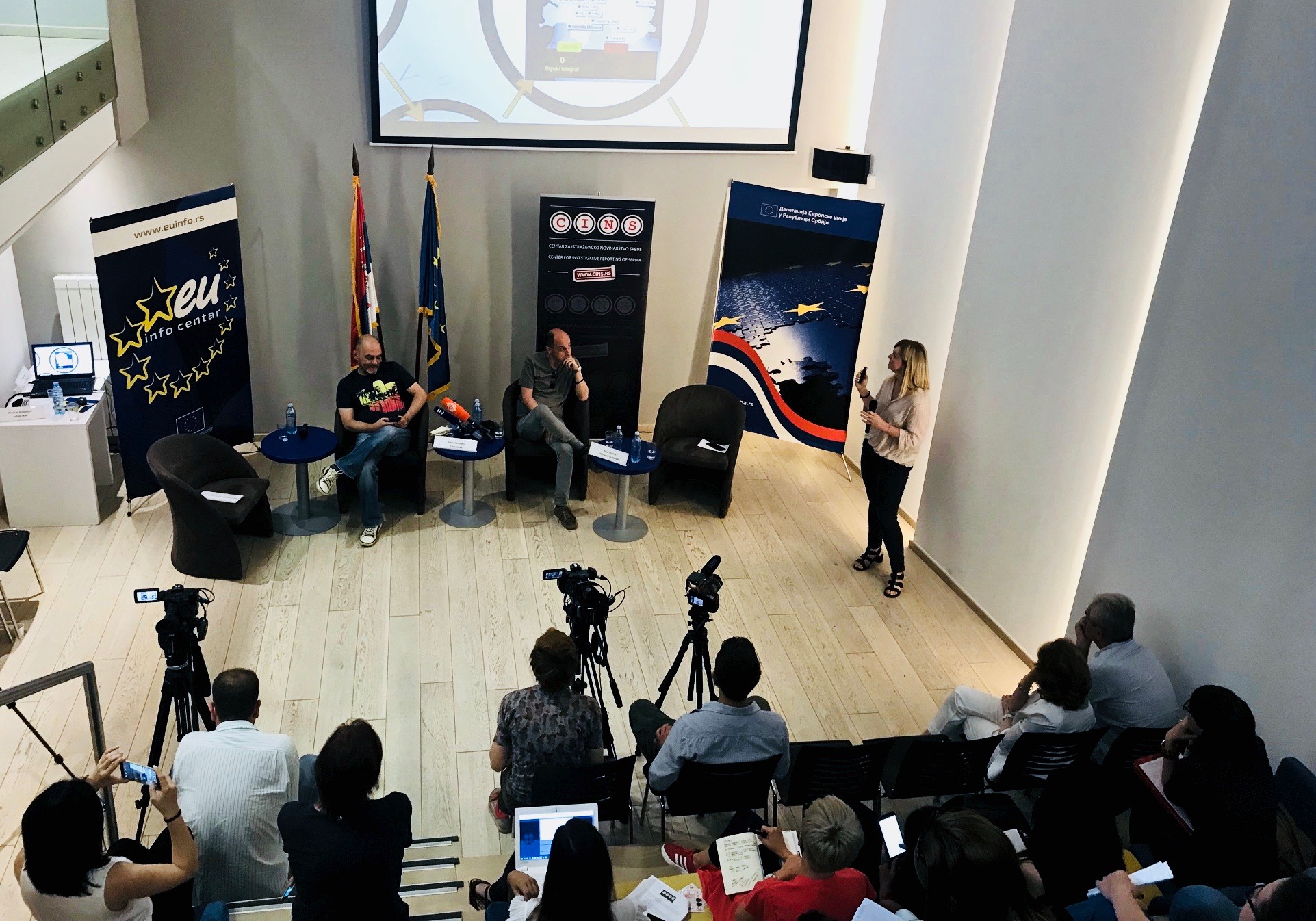
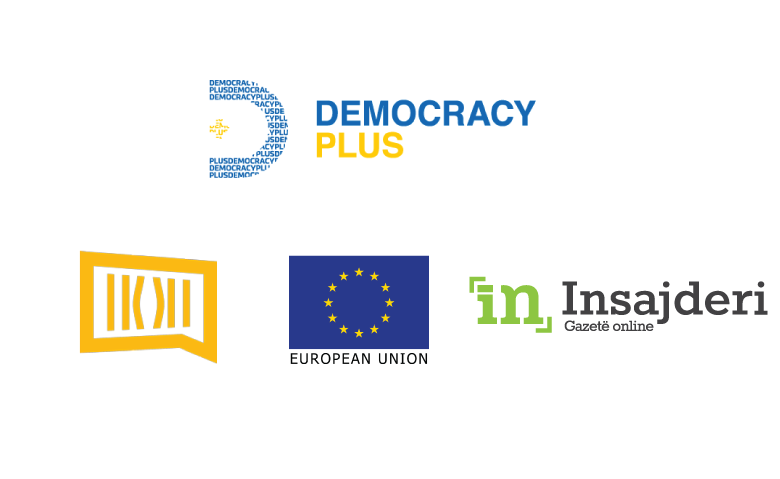


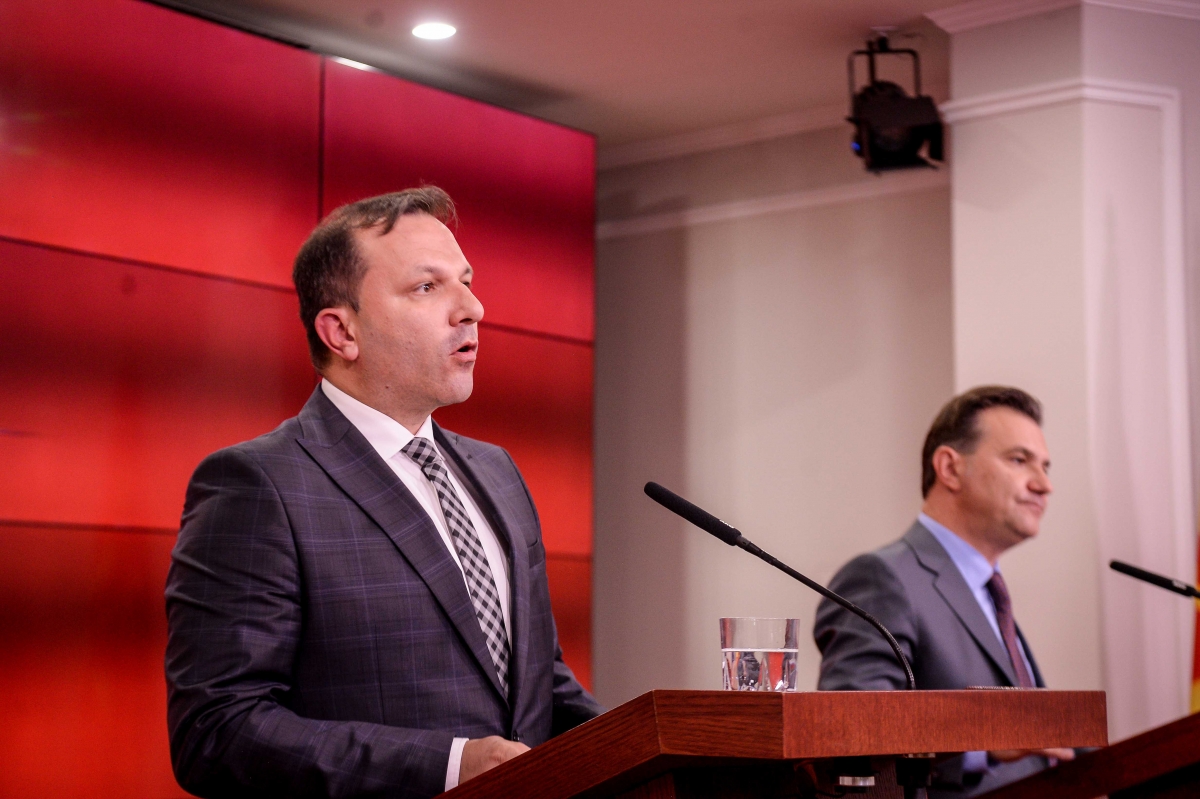
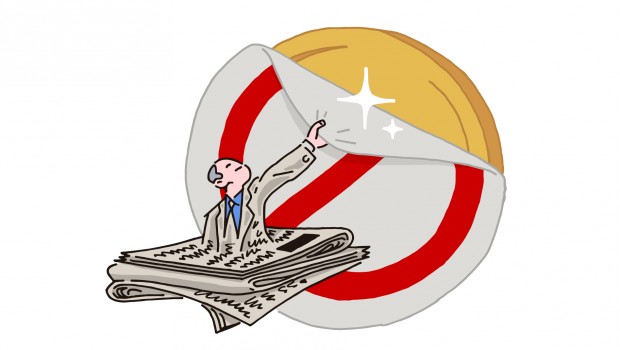
.jpg)
